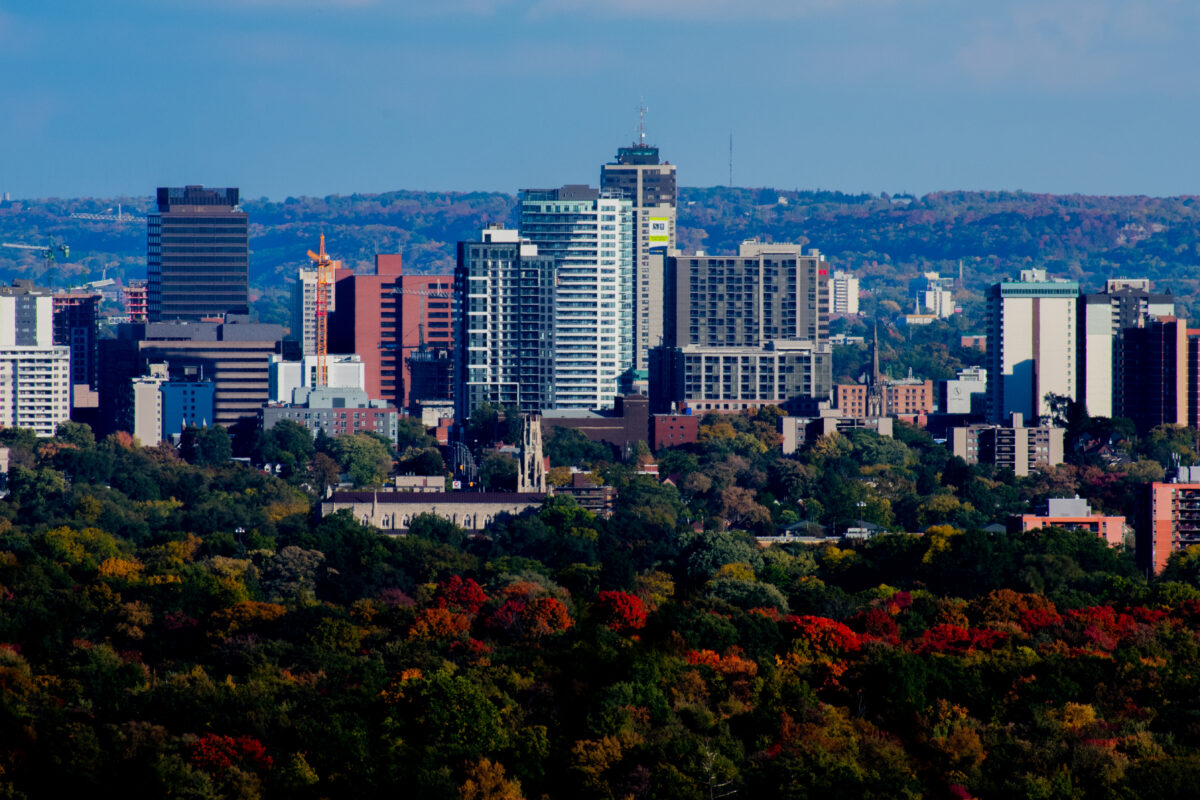Greetings from Orlando, Florida, where I am attending a series of working sessions on municipal finance summit with people from Canada and the United States.
The “Budget Decoder Summit” is organized by Strong Towns who are creating “a tool to make local government’s budgets truly understandable to real people.”
I spoke at the summit this morning.
I discussed how Ontario’s standardized annual municipal Financial Information Returns are a ready-made dataset for the planned budget tool.
I shared thoughts on what I hope machine learning will enable when comparing municipal finances, and ideas on communicating about municipal finance.
The sessions are being conducted under the Chatham House rule.
I can confidently say I’m one of the least knowledgeable people on the subject matter at the summit. This is wonderful, for me, because I am learning a lot.
I have pages of notes from today’s sessions. There is plenty to write about in the coming weeks, months, and during the 2025 City of Hamilton budget process.
Americans Say Commercial Property Tax Assessments are Decreasing, Residential Burden Increasing
Today, there has been plenty of discussion among American attendees about the negative impacts of declining commercial real estate values to municipal property tax revenues.
Long story short, (and not surprising), the post-COVID world of work-from-home, more online shopping, and customer migration to big box stores means a decline in overall commercial property tax assessment.
No surprise.
‘Big Box’ stores have lower tax assessments due to their lower construction quality compared older commercial buildings and shopping malls that paid higher taxes in the past.
Warehouses property taxes are also low per acre.
At the same time that commercial property tax revenue is decreasing, municipal costs are rising. (For example, asphalt prices are up over 26 percent year-over-year.)
In America, where reassessments are ongoing, these costs are being shifted onto the residential property tax class.
It Will Happen in Hamilton … Whenever Reassessment Occurs
Travel across Hamilton and you can see post-COVID vacancies in strip malls, shopping centres, and office buildings. Lease renewals for commercial properties are at lower rates than before.
This decrease in commercial property revenue will be reflected in decreased assessment value for commercial structures
(Land value will increase, reflective of its value for residential conversion. For example, the proposed 5,000 residential unit Eastgate Square redevelopment.)
When reassessment occurs, there will be significant shifts in Hamilton.
Ontario’s Conservative government continues to delay Ontario’s property reassessment, leaving 2016 assessment values in place until at least next year. (Likely longer, the Conservatives will want to wait until after the provincial election.)
What’s a Council to Do?
A decade ago, during the 2014 municipal election, renowned Architect and Urban Planner Joe Minicozzi provided the road map, we need to be tax-efficient, build the LRT, have more dense development which takes advantage of existing infrastructure, pays more in property tax than it costs to service, and get on with building the transit we need to save money while increasing efficiency.
Here’s my YouTube stream of Minicozzi’s 2014 talk, “Tactical Taxation: Designing our City to Reduce Taxes”
Production Details v. 1.0.0 Published: June 13, 2024 Last updated: June 13, 2024 Author: Joey Coleman Update Record v. 1.0.0 original version

